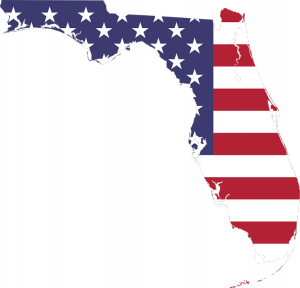Does my business have enough insurance coverage? This is a question frequently posed to insurance agents during the quoting process. Like many things in life, the answer to this question is, it depends. It depends on a lot of things that are unique to you as a business owner and the industry you operate in. Once you think you have enough coverage for your business it is important to ask your insurance agent if you need business loss of income insurance coverage.
Most insurance agents deal with a slippery slope of juggling the difference between getting their clients the absolute best coverage and finding them the best rate on premium. Dealing with this slippery slope is what ultimately determines success or failure among insurance agents. The best way as a business owner to help your agent get you what you want is to be open and honest with them about what are your priorities. These insurance agents interact with a lot of people from many different walks of life. One client they may be helping is a farmer while the next client is a financial consultant. The risks that these businesses face are dramatically different. some business owners may value getting the quoting process finished so they can get back to their work. Another business owner may want the minimum amount of coverage and they do not mind if it takes a week for them to save 10%. Most businesses are somewhere in the middle, but it is important to tell the agent what you value early in the process.
Most businesses start their insurance coverage with general liability and workers compensation coverage. This is because these two policies are required by law for most businesses in most states. Many business owners attempt to scrape by with the bare minimum amount of coverage and they do this in an attempt to save money on premium. This can save money on the front end (when a business pays insurance premium), but it can come at a great cost to the business when a disaster strikes. This is when business loss of income insurance coverage can benefit your business immensely.
Business loss of income insurance coverage is an addition to a commercial property policy. For most small businesses, it can be added for as little as a few hundred dollars. This coverage kicks in when a covered loss causes the business to lose income because of a slow down or close of business while the property is repaired. A fire is a common time when this coverage is needed. When a fire occurs at a businesses location there more than likely will be a time when the business is not able to be open for business. During this time there are still bills coming in that the business is responsible for. There are also still customers who may be expecting products and services to be delivered or performed.
From the perspective of an insurance agent, this can be difficult to explain to a business owner. This is especially true when the business owners is in a hurry during the quoting process. On the contrary, the lack of this coverage can also be one of the most difficult conversations to have with a business owner after a fire has occurred. Many times it is not until this time that a business owner understands it may not have been the best idea to rush through the insurance quoting process.
When selling a business loss of income insurance coverage policy, it is important for the insurance agent to notify their client that business loss of income insurance coverage only kicks in if the loss was a covered loss. This means if a loss was not covered by one of the insured’s other policies, it will not initiate the business loss of income policy. This is where it is especially important as a business owner to not rush through the quoting process and it is equally important to not skimp on coverage. It is within your right to only purchase General Liability and Workers Compensation coverage, but that does not mean it is usually the best business decision. Even if you are a business owner who is comfortable with a healthy amount of risk and you are cash strapped, it is usually a better decision to find a way to pinch pennies in some aspect of your business other than the insurance coverage. This is where it is especially important to partner with an independent insurance agent, to be thorough when you are quoting the policies and and consider adding a business loss of income insurance policy.








